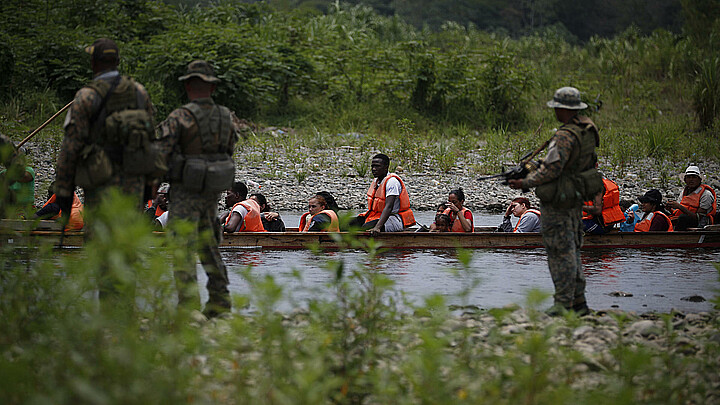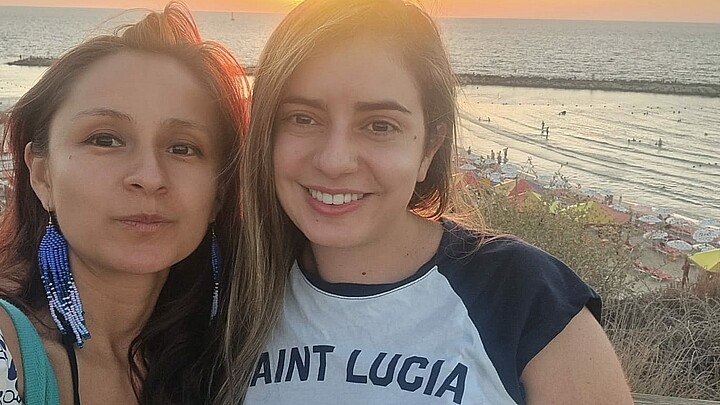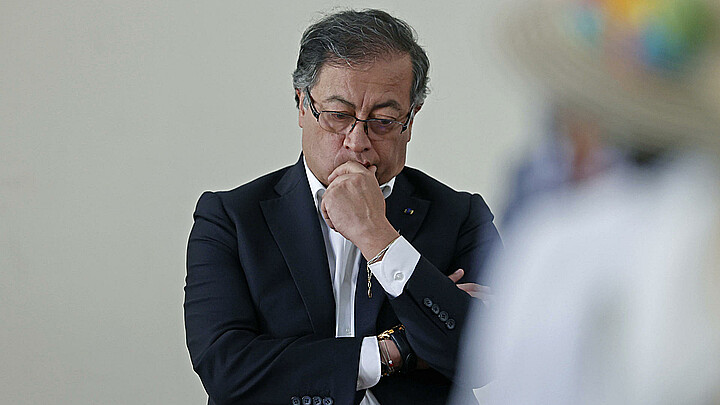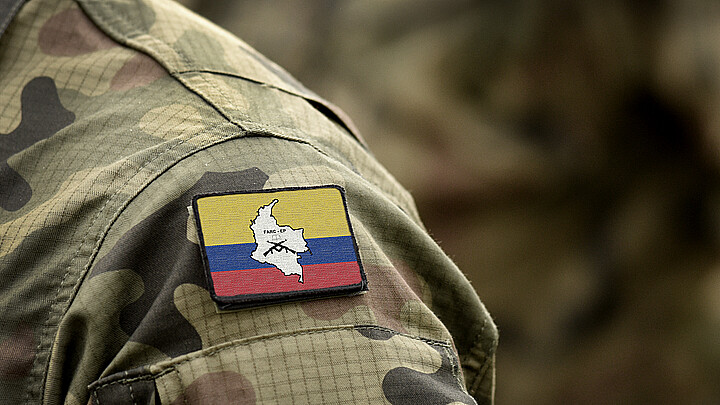Human Rights
Colombia reports record number of activists killed in 2022
At least 215 human rights activists and social leaders—community, land, and environmental leaders, among others—were killed last year in Colombia
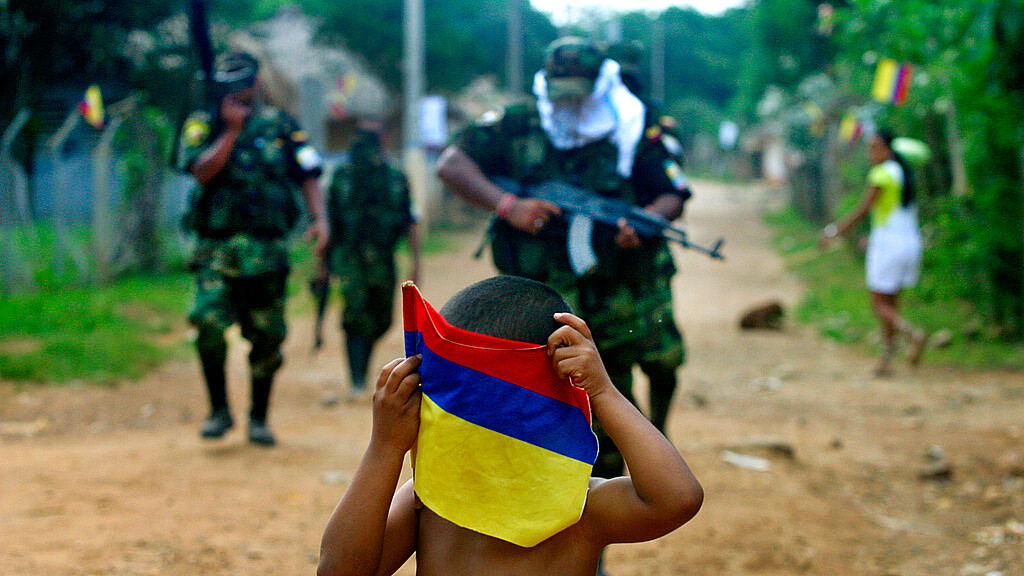
January 24, 2023 5:07am
Updated: January 24, 2023 7:05pm
Colombia has seen a record number of social leaders and activists murdered in 2022, the South American country’s human rights ombudsman said on Monday.
At least 215 human rights activists and social leaders—community, land, and environmental leaders, among others—were killed last year in Colombia, increasing from 142 in 2021 and 182 in 2020, the ombudsman office said in a statement.
"It's a serious impact on the basis of democracy because these are leaders who take up the concerns of the people, who are spokespersons and who work for a country where human rights are respected," ombudsman Carlos Camargo said in a statement.
The record-breaking figure comes despite President Gustavo Petro’s push to establish peace in the country and end almost six decades of armed conflict, with more than 82 killings having taken place since he assumed office in August of last year.
Petro’s government resumed talks with the National Liberation Army (ELN) guerrilla group and other rebel groups in an attempt to implement a peace deal and end the conflict that has left more than 450,000 dead since 1985.
Instead, violence has increased in Colombia in recent years in areas that are controlled by criminal groups involved in drug trafficking, illegal mining, and contraband.
"We hope the start of talks with the ELN and the ceasefire with other illegal armed groups, will lead to decreased attacks against social leaders and human rights defenders," the ombudsman said.
After the first round of peace talks, Bogota signed bilateral ceasefire agreements with two FARC dissident groups and the criminal group Clan del Golfo, which will be monitored by the United Nations, Colombia’s human rights ombudsman, and the Catholic Church.
"This is a bold act," Petro wrote on Twitter at the time. "The bilateral ceasefire obliges the armed organizations and the state to respect it. There will be a national and international verification mechanism."

